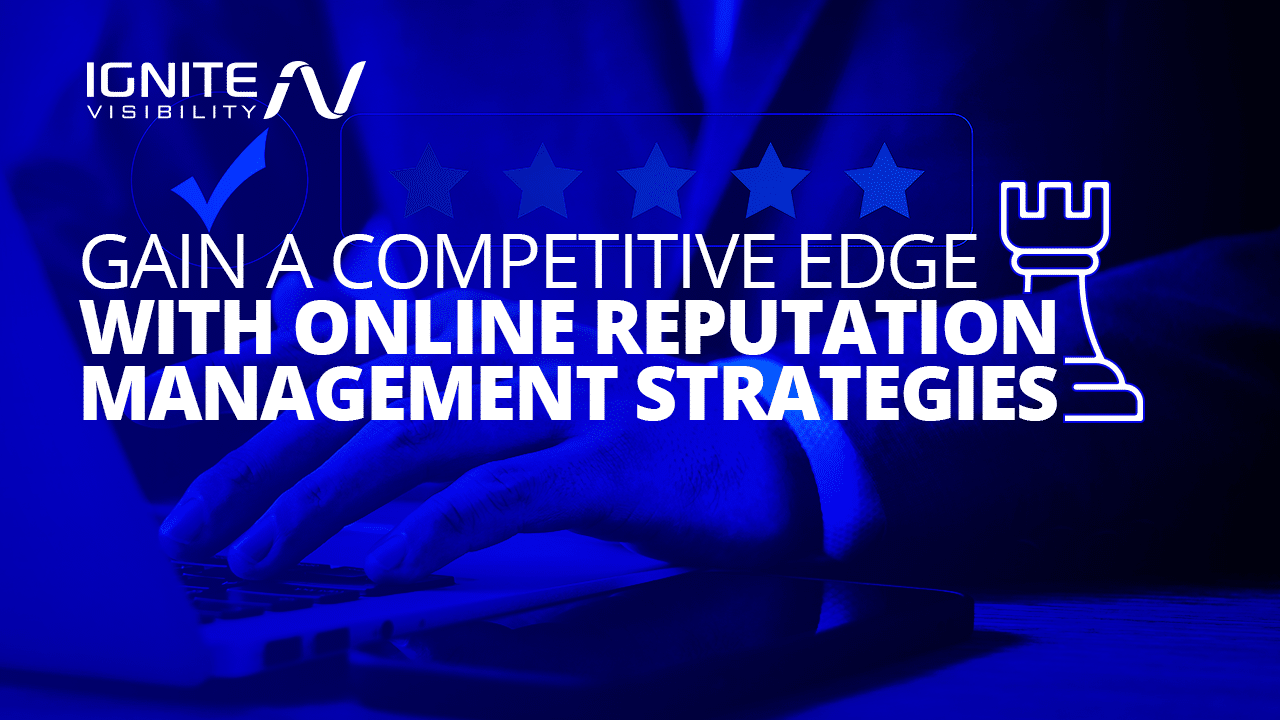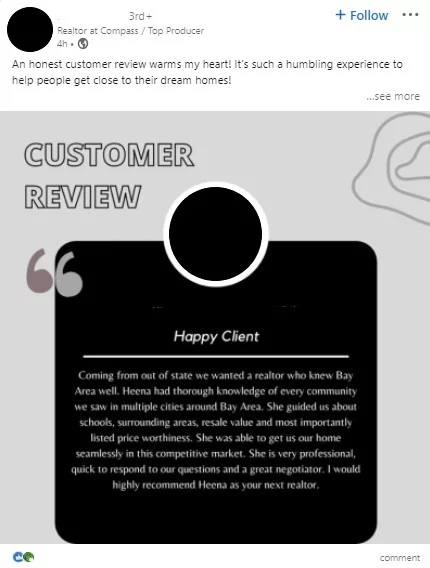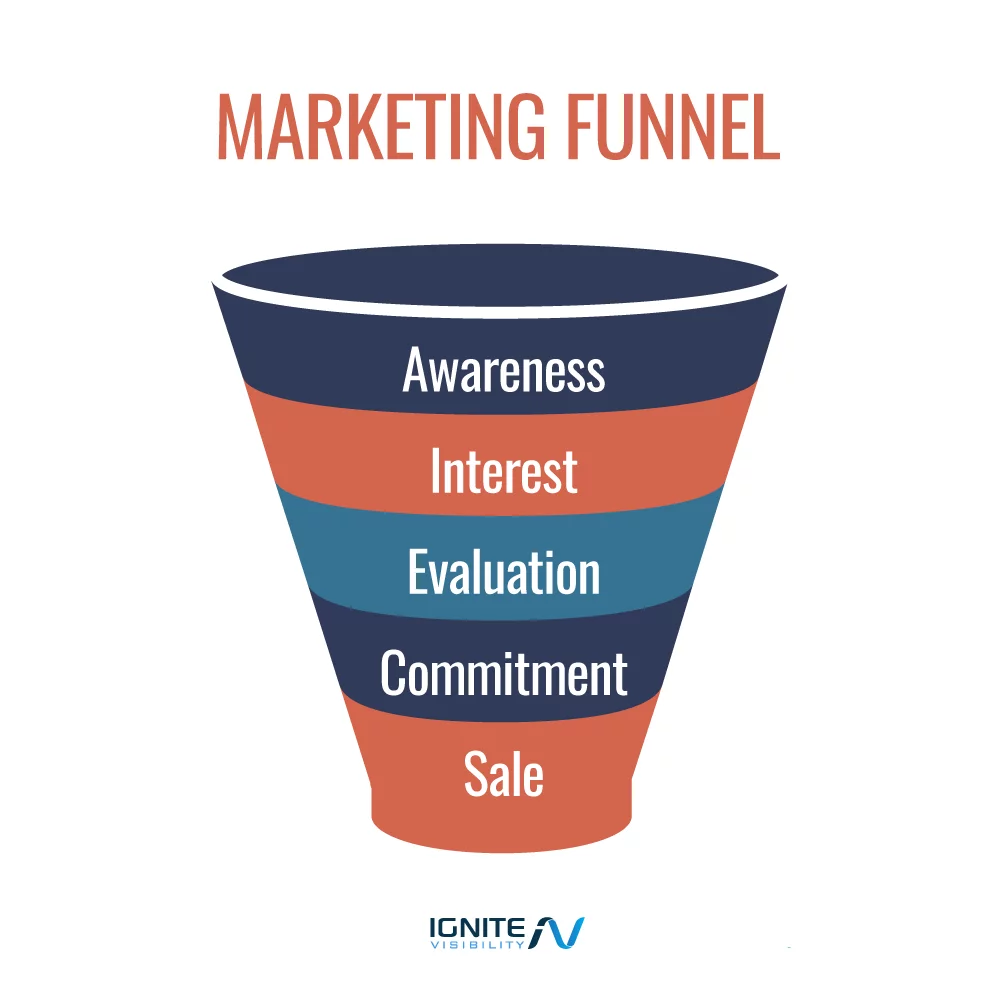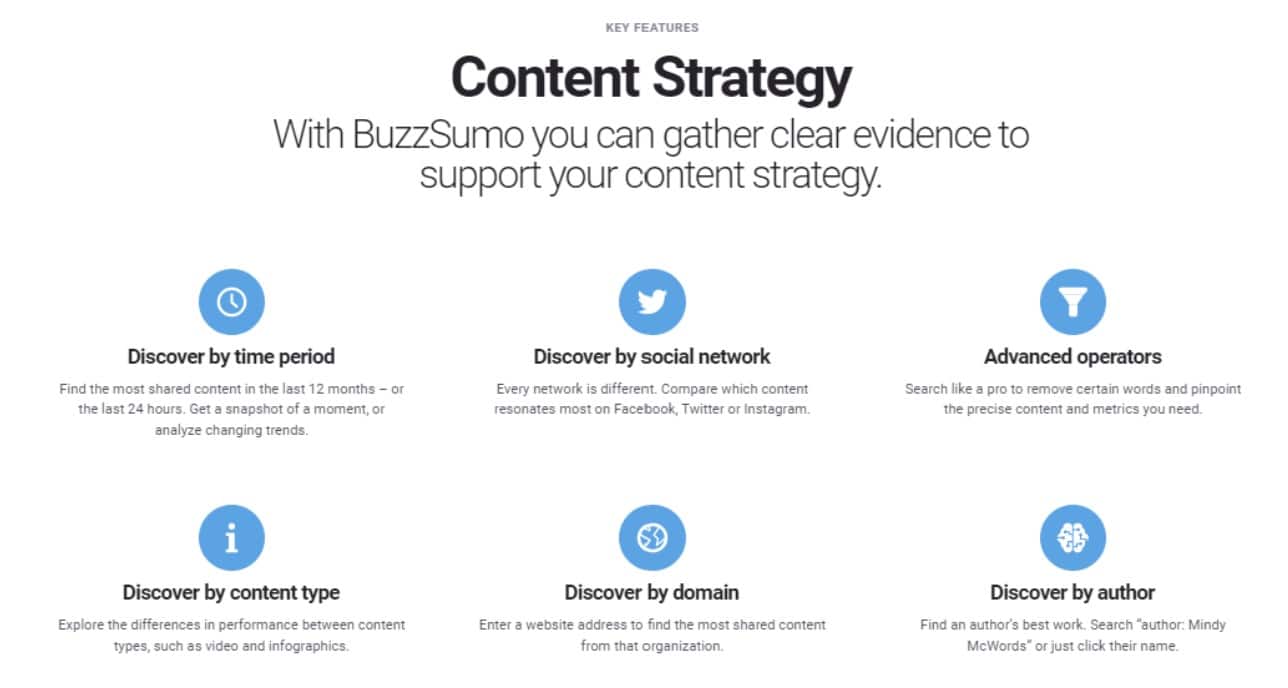
49% of consumers trust consumer reviews as much as personal recommendations from friends and family. If your brand looks terrible online, your business could suffer tremendously.
But that’s not all.
60% of consumers think the number of reviews for the business is essential when deciding which local businesses to patronize. And if your reviews aren’t recent, 73% of consumers will see that as an issue.
These statistics show how crucial your brand’s online image is. To remain competitive, you need to make an intentional effort to optimize your online presence.
You’ll learn how in this guide.
What is Online Reputation Management?
Online reputation management (ORM) is monitoring what people see when they search for your brand online. Examples of ORM include:
- Engaging with consumer feedback
- Creating dedicated review pages on your website
- Online promotion of your products or services
- Responding to online conversations about your brand
- Adopting a crisis management strategy in the event of negative publicity
Why Is Online Reputation Management Important?
An effective online reputation attracts new customers, increases customer loyalty, and motivate peoples to recommend your products.
On the other hand, a bad online reputation is a serious liability. Your brand’s credibility and trustworthiness can suffer catastrophic long-term damage due to negative reviews, customer complaints, and inaccurate information.
That’s why ORM is also a form of customer service.
When you reply to comments and offer support to those who need it, you show customers you care. This can increase customer satisfaction, which is good for business.
Also, ORM fits into a broader digital marketing strategy. Engaging with customers online, responding to negative reviews, and taking advantage of positive reviews will help you build a strong online presence.

Example of Customer Review
How ORM Fits Into Your Sales Funnel
A sales funnel isn’t complete without ORM.
ORM engages potential customers at the top of the funnel. By creating content that speaks positively about your product or service, you can attract more people to your website.
In the middle of the funnel, ORM nurtures leads. Engaging potential customers proactively, responding to customer inquiries, and providing helpful customer service can help you convert more leads into customers.
And at the bottom of the funnel, ORM retains customers. Responding to customer feedback and monitoring customer reviews will help you build customer loyalty.

Marketing Funnel
Proven ORM Strategies to Maximize Your Online Presence
Here are a few of the most effective online reputation management strategies:
1. Perform a Brand Audit
Before you can start managing your online reputation, you need to understand your current online presence. Doing a brand audit allows you to identify any weaknesses and prioritize which areas need the most attention.
For example:
- Check your social media profiles to ensure the information is accurate and up-to-date.
- Look at online reviews and consumer feedback to see if there are any areas of improvement.
- Analyze your website, SEO, and online presence to identify any areas of opportunity.
To illustrate, imagine a company that’s struggling with lukewarm customer reviews.
After performing a brand audit, the company discovers that many of the negative reviews are related to an outdated website. As a result, they can quickly prioritize website updates to address the feedback and improve their online presence.
2. Monitor Brand Mentions
Monitoring brand mentions lets you identify complaints before they become bad reviews.
Track your brand mentions across the web with listening tools like Google Alerts. This enables you to find negative reviews, contact the customer, solve the issue, and save both the client and your reputation.
Tracking brand mentions is useful for other interactions, too. Imagine a client recommends your product on Twitter—you can retweet their praise and thank them for the kind words.
3. Respond to Negative Reviews
No matter how well you manage your online presence, you’ll inevitably receive some negative reviews. Responding quickly and professionally is essential when this happens.
Apologize for the customer’s experience and offer a solution. Try to see the situation from the customer’s point of view and do what you can to make it right.
You’ll show potential customers that you care about customer feedback by replying quickly and respectfully.
4. Invest More In SEO
Search engine optimization (SEO) means optimizing pages for search engines. This enables you to get more organic traffic and organic sales without spending any money on ads.
SEO plays a crucial role in ORM.
If you have a strong SEO strategy, your website will appear at the top of search results for terms related to your industry. Since Google can be highly competitive, this gives customers a more favorable impression of your brand.
5. Leverage Public Relations
Public relations (PR) is managing the public’s perception of your brand. A good PR strategy can help you establish credibility, gain visibility, and build customer relationships.
For example, if you launch a new product, you can leverage PR to get media coverage and create a buzz around your brand. You can also use PR to respond to customer complaints and reassure customers that you’re working hard to address their issues.
6. Encourage Customer Reviews
Selling products online without reviews is like having a bakery with no bread out.
77% of customers ‘always’ or ‘regularly’ read reviews when browsing for local businesses.
Encourage customers to leave reviews on social media, Google, and review sites. You can use email campaigns, ask customers while they’re in your store, or post your review links in a prominent place on your website.
This leads to more positive reviews, which leads to more revenue.
7. Promote Wins
There’s nothing wrong with tooting your own horn every once in a while. Publicizing your successes, such as awards and recognition, can help establish credibility and trustworthiness.
Share your good news on social media, send a press release, or write a blog post about it. This can help you create a positive perception of your brand and attract more customers.
Best Online Reputation Management Tools
Here are some of the best online reputation management tools:
1. HootSuite
HootSuite is a social media management platform that helps you monitor and manage your online presence.
You can monitor social media, review sites, and forums with HootSuite. This lets you respond quickly and effectively to customer feedback.

Hootsuite Analytics: Social Listening Dashboard
2. BuzzSumo
BuzzSumo tracks brand mentions, tracks influencers, and analyzes competitors. It’s great for identifying potential customers, monitoring reviews, and improving your online presence.

BuzzSumo
3. Google Alerts
Google Alerts is a free monitoring tool that alerts you when people mention you online. You can use it to track customer feedback, find new customers, and monitor buzz about your brand.

Google Alerts
4. GatherUp
GatherUp helps you collect customer feedback and display it on your website and social media profiles. It also helps you monitor online reviews, create surveys, and measure Net Promoter Scores, providing holistic insights into customer sentiment.
Brand Examples of Online Reputation Management
Here are real-life examples of brands going the extra mile for their ORM:
1. Airbnb
Airbnb’s online reputation is one of the best. They constantly monitor customer feedback to identify areas of improvement and respond to negative reviews quickly and professionally.
Additionally, they have a “Trust & Safety” page on their website outlining their commitment to promoting a safe and secure experience. This builds trust and reassures customers that their data is safe.
2. Amazon
Amazon is the king of online reputation management. Their ecosystem rewards customers for leaving reviews and takes steps to protect customers from malicious reviews.
They also use algorithms to detect fraudulent reviews and prioritize helpful reviews. This helps them maintain the trust and credibility of customers by displaying accurate and trustworthy feedback.
3. Starbucks
Starbucks monitors customer feedback on review sites, social media, and its own website. When customers aren’t happy, they make it a priority to resolve the issue quickly and efficiently.
They also use customer feedback to get ahead of any potential problems. When a customer gives feedback about a product, Starbucks takes the time to analyze why and develop better solutions.
Why Online Reputation Management?
Online reputation management empowers you to stay on top of customer reviews, build trust, and create a positive brand image.
Using online tools and effective strategies, you can follow customer feedback and use it to shape your brand’s image. As a result, you’ll attract more customers and boost revenue across the board.
If you’re looking for online reputation management services, Ignite Visibility is a leading online reputation manager with a proven record of success. We leverage a wide range of strategies and tools to help you monitor customer feedback, identify potential issues, and take steps to address them.